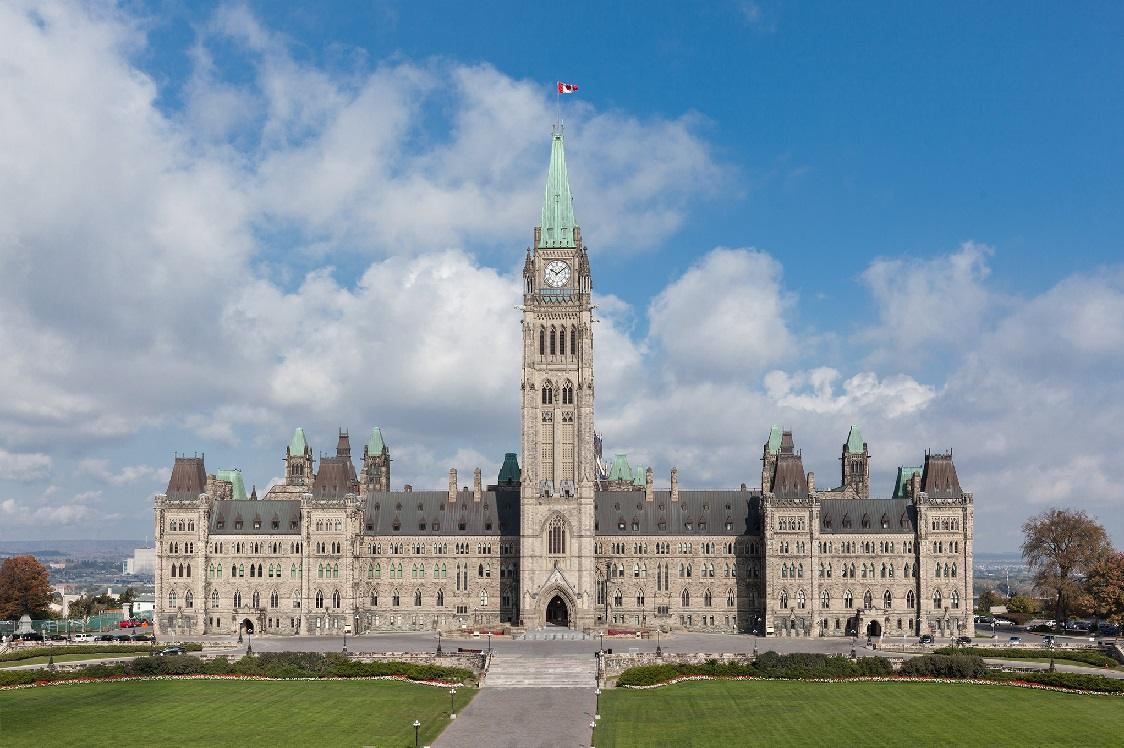TD Targets Net Zero GHGs in Operations and Financing, Exits Arctic O&G
TD Bank Group announced today a series of sustainability related commitments, including the establishment of a new target to achieve net zero greenhouse gas (GHG) emissions associated with its operations and financing activities by 2050, joining the Partnership for Carbon Accounting Financials, and pulling back on financing activities for oil and gas projects in the Arctic Circle.
Bharat Masrani, Group President and CEO, TD Bank Group, said:
“Climate change is a critical environmental and business challenge and will require significant effort over the long term to help economies transition successfully to the low-carbon future. TD’s climate action plan builds on a long history of environmental leadership and positions the Bank as a central player in the work needed to enable sustainable growth for our customers and clients, the communities we serve and the economies we support.”
Measurement, analytics and disclosure of emissions progress are key aspects of the bank’s new climate plan. TD stated that it has established the ESG Centre of Expertise, drawing on experts across TD to participate in this work, invest in research and support academic progress and technological innovation. Additionally, TD announced that it has joined the Partnership for Carbon Accounting Financials (PCAF), a global collaboration of over 80 financial institutions representing total financial assets of more than $13 trillion, with a mission to develop and implement a harmonized approach to assess and disclose the greenhouse gas (GHG) emissions associated with their loans and investments.
TD also stated that it has created dedicated teams to advise and support clients as they work to capture the opportunities of the low-carbon economy. The bank established a Sustainable Finance and Corporate Transitions Group to provide clients with advisory services and important transition and sustainability-focused financing globally. The new group will be headed by Amy West, Global Head of Sustainable Finance and Corporate Transitions.
Bob Dorrance, Chairman, CEO and President, TD Securities, said:
“Across all industries, leadership teams are seeking trusted advice to navigate the challenges and realize the opportunities of the climate-driven changes taking place in our economy. The newly established Sustainable Finance and Corporate Transitions Group will be central to our efforts as we work together with clients to support their transition plans through ESG-related advice, financing and affiliated products.”
As part of the bank’s new climate commitments, TD also stated that it will not provide new project-specific financial services, including advisory services, for activities that are directly related to the exploration, development, or production of oil and gas within the Arctic Circle, including the Arctic National Wildlife Refuge (ANWR). Today’s announcement makes TD the second major Canadian bank to pull back on arctic oil and gas financing, following the issuance last month by RBC of its new “Policy Guidelines For Sensitive Sectors and Activities,” setting significant restrictions on activities in the arctic.
Norie Campbell, Group Head and General Counsel, said:
“Today’s announcements further strengthen the work we’ve done over many years to drive change within the Bank and across our footprint. We plan to leverage our experience to extend our efforts even further, and together with thousands of dedicated TD Bankers, will deliver new approaches and creative solutions for the future.”
Bruce Lourie, PhD, President Ivey Foundation, said:
“I commend TD Bank Group for taking a step forward to increase its ESG performance and recognize the role it can play in building pathways to sustainability and contributing to positive climate action in North America. It won’t be easy, and it will require collective action, however I am confident that TD’s leadership will inspire other North American corporations to tackle environmental and social challenges and to develop meaningful solutions to climate change and global sustainability.”





